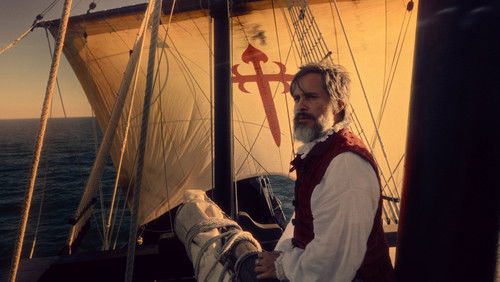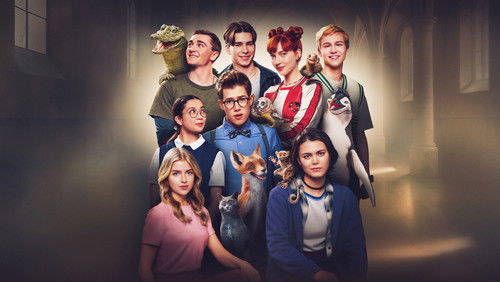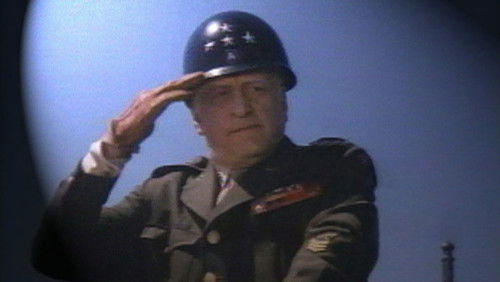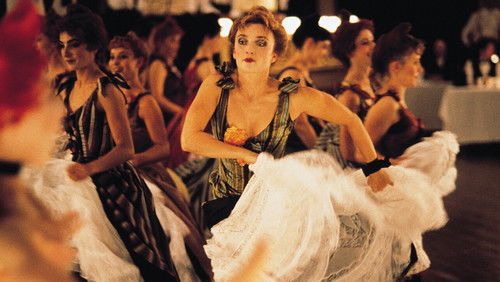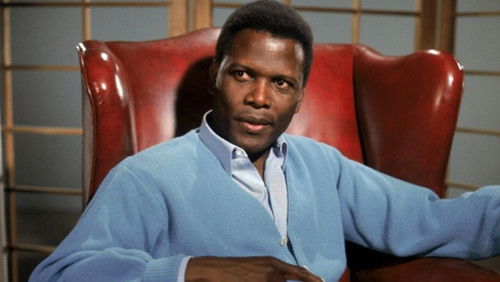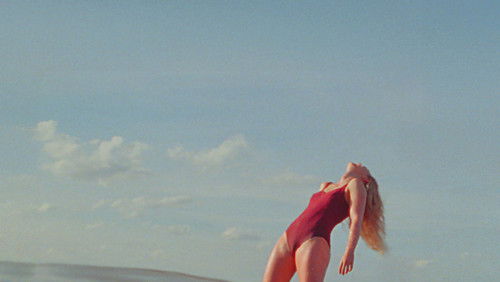Das Testament des Orpheus (1960)
52KDas Testament des Orpheus: Directed by Jean Cocteau. With Jean Cocteau, Françoise Arnoul, Claudine Auger, Charles Aznavour. The Poet looks back over his life and work, recalling his inspirations and obsessions.
“While I had surely seen the second film in Cocteauu0026#39;s Orpheus trilogy if not the first as well, I suspect I was in no position to appreciate any of what Cocteau accomplished. Now Iu0026#39;m about the same age he was when he did the Testament. I remember the time period for the second and third pictures, having grown up in it. But how all three of these films really transcend time as Cocteau is trying to show you works of art should! I had to rely on the subtitles for the sense of the lines but it was no matter. I donu0026#39;t remember anything else like these films. They are political to the extent they lobby for the poetu0026#39;s point of view. And in spite of the black and white and old prints their effect is most striking. Orpheus Descending and Testament sometimes look like the inspiration for Rebel Without a Cause. And Testament has some pithy comments on modern technology and the short comings of air travel that seem funnier and more relevant today. And toward the end of Testament, having the red blood and the red hibiscus in this black and white movie–how many times has that been imitated by computer technology? But it is what the poet saw then, not what technology makes commonplace and commercial today.u003cbr/u003eu003cbr/u003eOn the discs for Blood of the Poet and Testament are two separate bonus features, documentaries of Cocteau in fading Technicolor–but oh how interesting they are as well. At some point Cocteau says it was Picasso who taught them all to see. But what a treasure trove of talent Paris produced in the first half of the twentieth century. I hope this kind of sharing of artistic discovery can take place on the internet. Maybe it is already happening and I just donu0026#39;t know it. But I do know people who care for serious–but not heavy and sometimes witty–artistic expression, let alone movies, should see all three of these movies and the docs which accompany them.”
